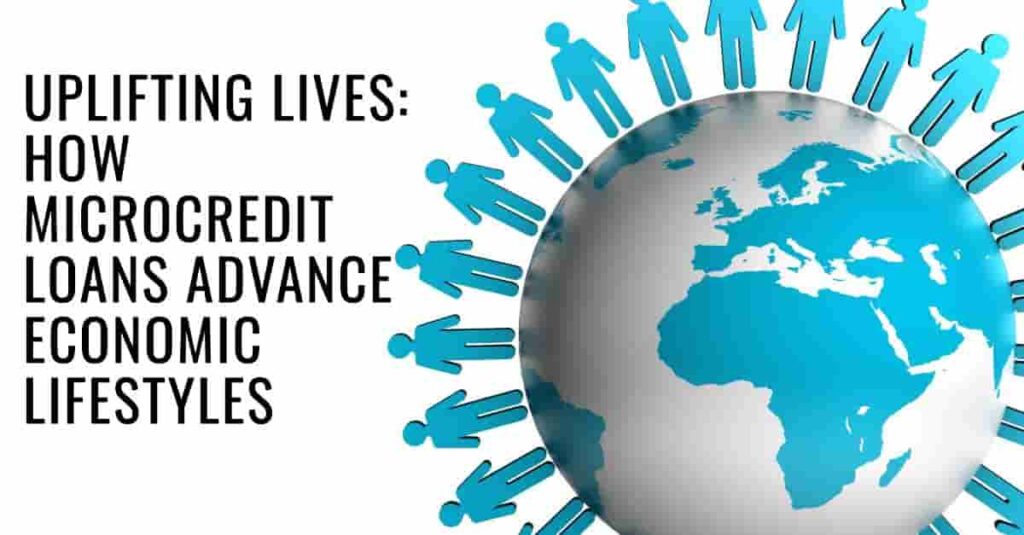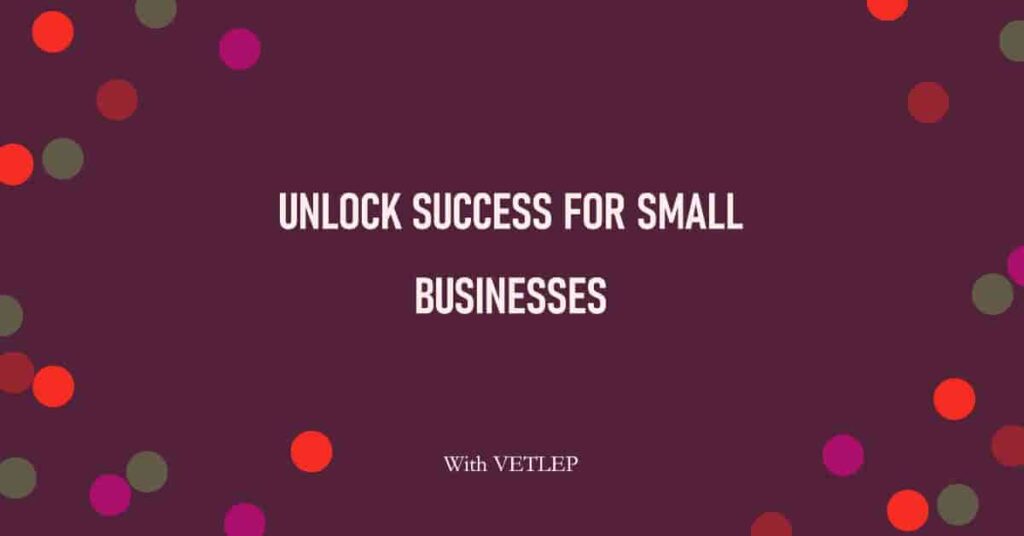
How Small Businesses Can Thrive in Uncertain Times
In today’s volatile business landscape, small businesses face unprecedented challenges. Economic uncertainty, technological disruption, and shifting consumer behaviors can test even the most robust organizations. However, resilience is key to navigating these complexities.
Resilience is not about avoiding risks or challenges but about adapting to uncertainty. Small businesses can foster resilience by diversifying revenue streams, investing in flexible infrastructure, encouraging innovation and experimentation, and building strong relationships with customers and partners. This adaptability enables businesses to pivot quickly in response to changing circumstances, reducing the risk of stagnation and failure.
To support small businesses in building resilience, organizations like Valdymas Entrepreneurial and Transformational Leadership Empowerment Program (VETLEP) play a vital role. VETLEP is a renowned organization dedicated to empowering entrepreneurs and small business owners through comprehensive support programs. With a focus on entrepreneurial development and growth, VETLEP provides valuable resources to overcome unique challenges faced by small businesses.
VETLEP’s programs include microcredit loans with flexible repayment terms, mentorship, and training. These programs empower entrepreneurs to develop essential skills, such as financial management, marketing, and leadership, and connect them with resources and networks. By providing affordable financing options and mentorship, VETLEP helps businesses break free from constraints and achieve growth.
Moreover, VETLEP’s microcredit loans, with low interest rates and no hidden charges, enable entrepreneurs to take calculated risks and invest in their businesses. Research by Kumaran (2019) highlights the critical role of mentorship in small business resilience, as it provides access to expertise and resources that might otherwise be unavailable.
In addition to mentorship, access to affordable capital is crucial for small businesses. Alternative lending options, such as microcredit, crowdfunding, and social impact investing, can provide necessary funding without crippling debt. As Christensen (1997) notes, innovative financing models can help small businesses overcome traditional barriers to growth.
In conclusion, resilience is not an inherent trait but a developed capacity. By embracing adaptability, leveraging mentorship, and accessing capital, small businesses can thrive in uncertain times. Effective support programs, like VETLEP’s, play a vital role in fostering resilience. Ultimately, small businesses that cultivate resilience can navigate challenges, drive innovation, and achieve long-term success.
References:
Banerjee, A. V., & Duflo, E. (2010). Giving credit where it is due. Journal of Economic Perspectives, 24(3), 61-80.
Christensen, C. M. (1997). The innovator’s dilemma: When new technologies cause great firms to fail. Harvard Business School Press.
HBR. (2020). Building resilience in small businesses. Harvard Business Review.
Kumaran, S. (2019). Resilience in small and medium-sized enterprises. Journal of Small Business Management, 57(3), 541-555.
Schumpeter, J. A. (1934). The theory of economic development. Harvard University Press.



